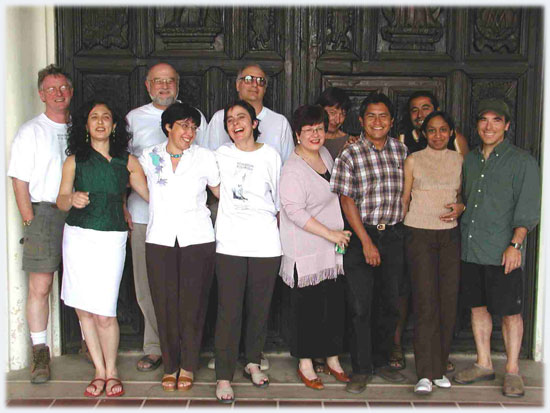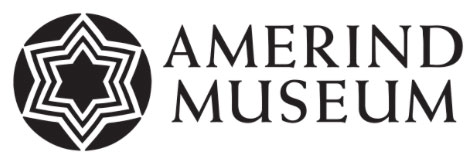The Naturalization of the Past: Nation-Building and the Development of Anthropology and Natural History in the Americas
May 20-26, 2002

Seminar Participants
- Hugo Benavides, Fordham University
- Jesus Briceno, Instituto Nacional de Cultura-La Libertad, Peru
- Nelia Dias, ISCTE, Portugal
- Curtis Hinsley, Northern Arizona University
- Philip Kohl, Wellesley College
- Margaret Lopes, Instituto de Geociencias – UNICAMP, Brasil
- Carmen Loza, La Paz, Bolivia
- Jonathan Marks, University of North Carolina, Charlotte
- Glenn Penny, University of Missouri, Kansas City
- Irina Podgorny, Museo de La Plata, Argentina
- Olga Restrepo, University of York
- Mechthild Rutsch, Direccion de Etnologia y Antropologia Social del Instituto Nacional de Antropologia e Historia, Mexico
Seminar Abstract
The goal of this seminar was to provide a general overview of the historical development of archaeology in the Americas and its links to the natural sciences and to the process of nation-building, particularly during the period from c. 1860 to 1920. A central concern was to show how indigenous peoples and their pasts, as reconstructed through archaeological remains, were typically incorporated into the national agendas of development states by becoming “naturalized” or by being treated as part of the natural landscapes within state borders. While the conference focus was principally historical, participants were also asked to consider how this process of incorporation has changed during the last century, or how different countries have modified or extended their self-defined identities and their consideration of indigenous peoples during the twentieth century and why they have done so. The seminar brought together ethnologists, archaeologists, and historians of science to compare and contrast these processes of incorporation and naturalization within different American states.
